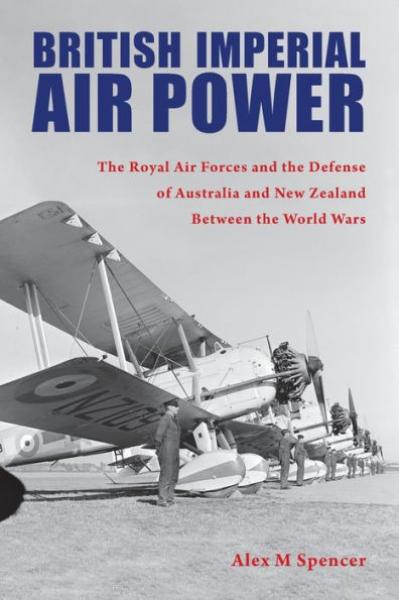Description
British Imperial Air Power examines the air defense of Australia and New Zealand during the interwar period. It also demonstrates the difficulty of applying new military aviation technology to the defense of the global Empire and provides insight into the nature of the political relationship between the Pacific Dominions and Britain. Following World War I, both Dominions sought greater independence in defense and foreign policy. Public aversion to military matters and the economic dislocation resulting from the war and later the Depression left little money that could be provided for their respective air forces. As a result, the Empire's air services spent the entire interwar period attempting to create a strategy in the face of these handicaps. In order to survive, the British Empire's military air forces offered themselves as a practical and economical third option in the defense of Britain's global Empire, intending to replace the Royal Navy and British Army as the traditional pillars of imperial defense.
"British Imperial Air Power examines the air defense of Australia and New Zealand during the interwar period. It also demonstrates the difficulty of applying new military aviation technology to the defense of the global Empire and provides insight into the nature of the political relationship between the Pacific Dominions and Britain. Following World War I, both Dominions sought greater independence in defense and foreign policy. Public aversion to military matters and the economic dislocation resulting from the war and later the Depression left little money that could be provided for their respective air forces. As a result, the Empire's air services spent the entire interwar period attempting to create a strategy in the face of these handicaps. In order to survive, the British Empire's military air forces offered themselves as a practical and economical third option in the defense of Britain's global Empire, intending to replace the Royal Navy and British Army as the traditional pillars of imperial defense."--
"One of the keys to understanding British air power in the Second World War is discovering what happened in the interwar period. Alex Spencer, in an intriguing and compelling work, examines imperial relations between Britain and its Pacific Dominions of Australia and New Zealand. Utilising extensive archival material, Spencer traverses the immediate First World War, the doldrums of the 1920s and the tumultuous years leading up to the war with Germany and Japan. For the first time, we now have an illuminating history and analysis of the direction and demands of air power policy and initiatives linking London to Canberra to Wellington. Eminently readable and informative."
Product Details
- Purdue University Press Brand
- Jun 15, 2020 Pub Date:
- 1557539405 ISBN-10:
- 9781557539403 ISBN-13:
- 318 Pages
- 9 in * 6 in * 0.67 in Dimensions:
- 1 lb Weight:




